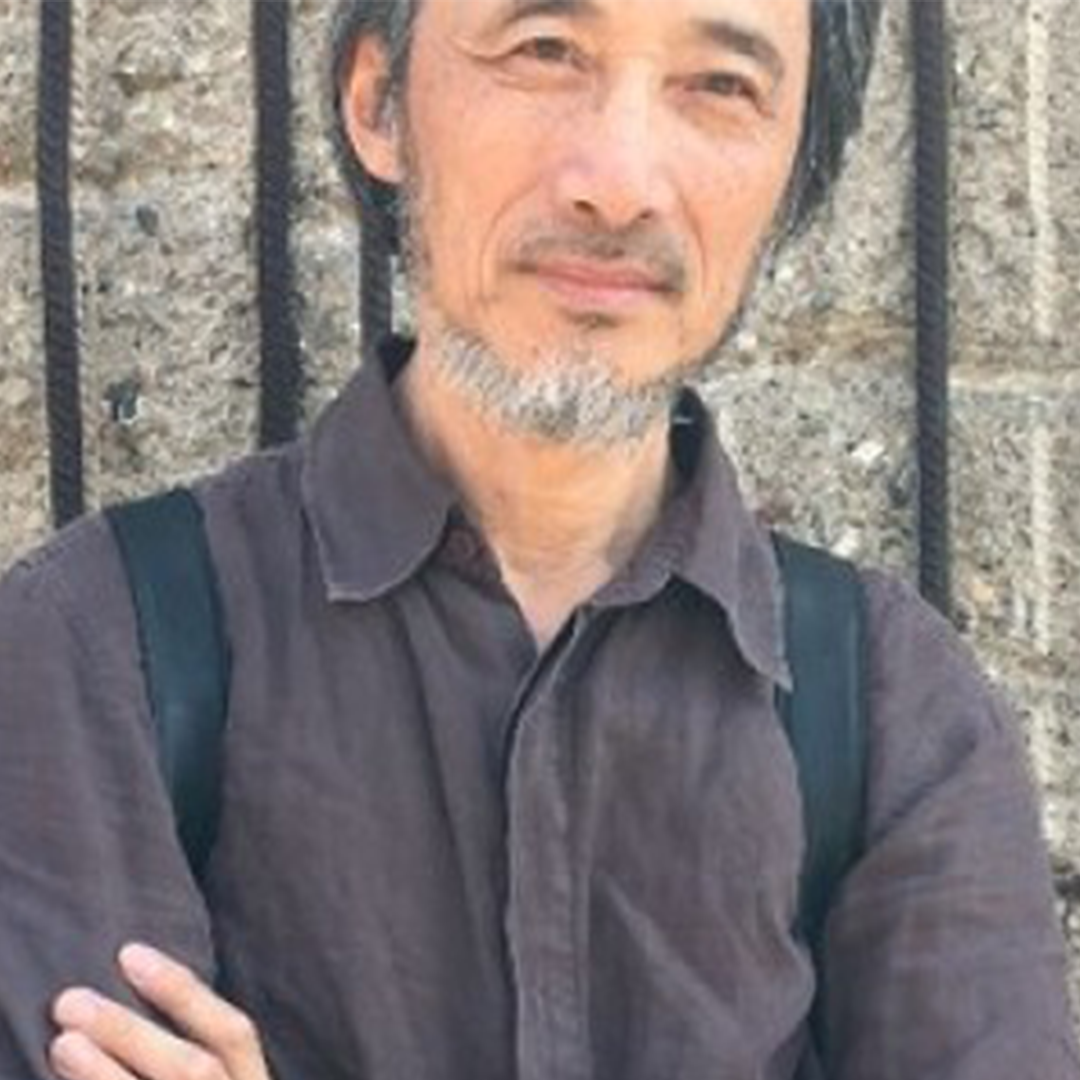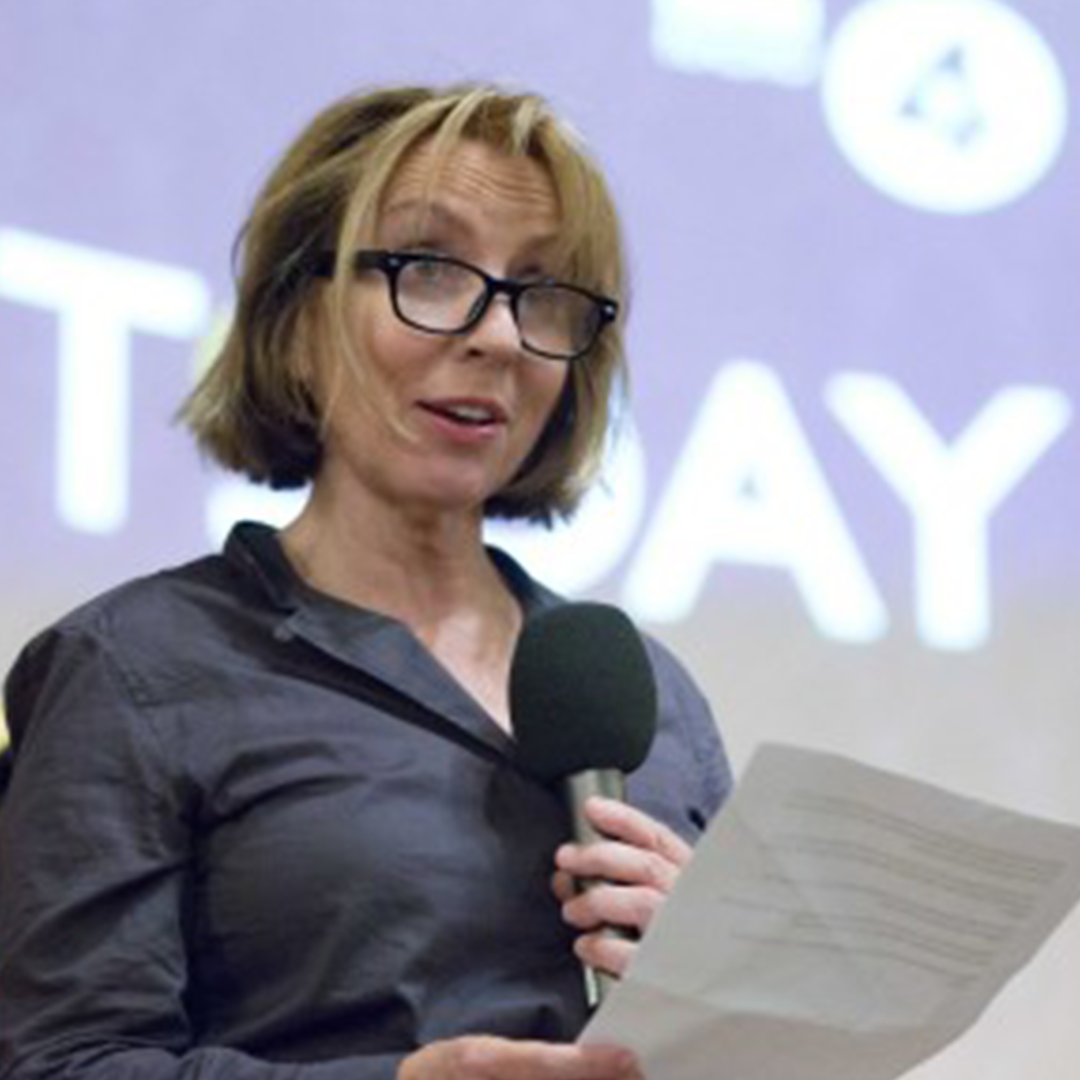12 Jan 2022 | News, Russia, Ukraine
[vc_row][vc_column][vc_single_image image=”118142″ img_size=”full” add_caption=”yes”][vc_column_text]On 10 January 2022, Yuri Dmitriev, a historian prosecuted on disputed charges of paedophilia, and his lawyers lodged appeals with the Supreme Court of Karelia where he was prosecuted. Dmitriev’s case is part of a long-running battle between the authorities and the Memorial Human Rights Centre (MHRC), whose Karelia branch was led by the historian.
The battle may be drawing to a conclusion. Two weeks’ earlier, on 28 December 2021, Russia’s Supreme Court ordered the dissolution of MHRC, which was established in 1988 by young reformers and Soviet dissidents. It was accused of not using the “foreign agent” designation on all its material indicating that it was a body “receiving overseas funding and engaging in political activities”. Prosecutor Zhafyarov also denounced Memorial for painting “the USSR as a terrorist state”.
The decision indicates that Russian President Vladimir Putin is now blatantly rehabilitating the USSR. Dmitriev’s prosecution in 2016 dates from an era when the regime was more veiled in its attack on critics of the regime. Another historian Sergei Koltyrin, who also researched Stalinist crimes in Karelia, was arrested on disputed paedophilia charges in 2018. He died in a prison hospital on 2 April 2020; Dmitriev and his defence attorney fought several appeals but on 27 December 2021 he was sentenced to 15 years in a strict-regime penal colony.
“Their real crime,” says John Crowfoot of the Dmitriev Affair website, “was to commemorate the victims of Stalinism, in particular the thousands shot at Sandarmokh killing field during the Great Terror (1937-1938).” Sandarmokh is the last resting place for as many as 200 members of Ukraine’s Executed Renaissance, who were leading figures in the blossoming of Ukrainian culture during the 1920s.
The imminent closure of Memorial will sicken many in Ukraine, where an estimated 3.9 million people died in the Holodomor famine genocide, a topic which the organisation has also helped research. Similar concern will be felt in the Baltic States and Kazakhstan, where up to 1.5 million people died of a famine related to collectivisation in 1931-33 and where Russian troops have been involved in violently crushing protests since the beginning of January 2022.
Even before the dissolution of Memorial there were attempts to restrict the discussion around Soviet-era crimes in Russia. In 2011, for example, historians were instructed to compile archival documents to deny the unique character of famine in Ukraine during 1932-33 and instructed on how to write about the subject. Yet numerous documents indicate that Ukraine and ethnically Ukrainian areas of Russia were targeted (in particular the 23 January 1933 directive sealing the borders of these areas to stop peasants fleeing starvation). And in 2008 a letter from Russian president Dmitry Medvedev to Ukrainian president Viktor Yushchenko continued the line that it was simply a tragedy when he wrote that “the tragic events of the 1930s are being used in Ukraine in order to achieve instantaneous and conformist political goals.”
There are already laws outlawing comparisons of the Soviet Union to Nazi Germany as of June 2021. But how will the decision affect debate in Russia now? According to Memorial, who I contacted for this article, their dissolution means that now, “there is only one point of view that is acceptable in discussions on historical topics, that of the state”.
Putin is playing up nostalgia for the Soviet Union. He is even surrounding Ukraine with troops and possibly considering an invasion in an attempt to boost his flagging popularity. The closure of Memorial combined with troop movements is one of many signals that he is considering not only rehabilitating but even perhaps partly renewing the Soviet Union by annexing Ukraine.
However, rather than enthusiastically flocking to join the new union Ukrainians are enlisting in territorial defense units.
Thanks in part to the work of Memorial, and Russian and Ukrainian demographers and archivists, they know that millions of their family members died at the hands of the regime and they do not want to relive that experience. Putin may succeed in stifling debate in the media and in universities but he cannot stop people in a country as big as Russia from talking. The mass graves in the tundra and across many former Soviet countries cannot be censored off the map.
Steve Komarnyckyj an award-winning poet and translator. He works on Ukrainian literary translations and is currently producing a book by Lina Kostenko[/vc_column_text][/vc_column][/vc_row][vc_row][vc_column][/vc_column][/vc_row]
5 Aug 2021 | Belarus, News
[vc_row][vc_column][vc_single_image image=”117172″ img_size=”full”][vc_column_text]In the months since the disputed re-election of Belarusian president Alexander Lukashenko, the freedom of the press in Belarus has come under increasing attack.
The country’s journalism union, the Belarusian Association of Journalists (Baj.by), has documented more than 500 detentions, hundreds of arrests and fines, and dozens of criminal cases and prison sentences directed against reporters, editors and media managers, including our former colleague Andrei Aliaksandrau.
Almost every independent news and socio-political outlet from the local to the national level has experienced police pressure, searches and confiscations of their professional equipment. Many have been forced to stop publishing or to flee the country in order to work from exile.
In July 2021, the state launched a new wave of repression against independent media outlets and organisations.
Over ten days, security forces carried out more than 70 searches of editorial offices and private homes of employees of national and regional media. As a result, dozens more journalists, editors and media managers joined their colleagues already in custody.
Now BAJ itself is in Lukashenko’s sights.
BAJ is a voluntary, nongovernmental, nonpartisan association that includes more than 1,300 media professionals from across the country. It assists members in realising and developing their professional journalistic activities. Throughout its 25 years of existence, BAJ has also been a leader in promoting freedom of expression and defending media rights.
The organisation has been internationally recognised for its work. In 2004, the European Parliament awarded BAJ with the Sakharov Prize for Freedom of Thought, the EU’s highest human rights tribute. In 2011, it received the Atlantic Council’s Freedom Award. In 2020, the organisation was the first recipient of the Canada-UK Media Freedom Award, which recognises individuals and organisations advocating for media freedom.
Over the past year, BAJ has focused on defending and assisting its members whose professional and human rights have been violated by the state’s searches, detentions, beatings, legal and criminal persecution, arrests and prison terms. So it is not surprising that the authorities have launched a repressive campaign targeting BAJ itself.
In June, BAJ was forced to hand over thousands of documents about its activities.
The following month, authorities conducted another search of the office even without the presence of the association’s representatives. It is unknown in respect of which criminal case it was searched nor what was taken from there. They have also sealed the office, meaning employees cannot work there anymore and there is no access to statutory documents.
Now the country’s Supreme Court issued an order for the organisation to be liquidated. This is the same situation which almost 50 other public organisations of Belarus have faced, which have been of benefit for decades to Belarusian society, journalism, the writing community and many other areas.
BAJ’s closure – if the courts agree to the liquidation – will cause serious damage to the Belarusian journalistic community.
Firstly, there will be no legal organisation left in the country that can protect the rights of journalists.
Secondly, the association’s educational hub for journalists will disappear, and many BAJ educational programmes will have to be closed.
Finally, the only legal and recognised institution of journalistic ethical self-government will be destroyed – the BAJ Ethics Commission. In recent years, this was the only body in Belarus that effectively considered issues related to ethics in the media.
Yet even if BAJ is forced to close, it will not disappear.
The support of the international community for BAJ is strong. Journalists and numerous human rights organisations around the world have offered their support to BAJ and its members at this difficult time. BAJ also has outstanding support from the International and European Federation of Journalists, who oppose the liquidation, and have said that if it is closed, the association will remain a member of their organisations.
If the liquidation of the BAJ legal entity is confirmed, the headquarters will make a final decision on how it will work in the future. If it is impossible to continue in Belarus, BAJ will consider working abroad.
BAJ continues the fight. It has already appealed the Ministry of Justice’s liquidation order and the court will consider this on the morning of 11 August.
However, the justice system no longer works properly any more in Belarus. In any other democratic country, the court’s decision would be in favour of the BAJ.
The most important thing, according to BAJ chairman Andrei Bastunec, is that the organisation will continue its work.
“BAJ is not only a legal entity, but an association of like-minded people who see their mission as expanding the space of freedom of speech in Belarus,” he said.
Bastunec says the official registration of the organisation provided, by and large, one advantage: it simplified communication with government agencies. But when the authorities announced its ‘sweep’, advance communication was reduced to zero.
“As strange as it may sound, the deprivation of the BAJ’s legal status by the court will have almost no effect on Belarusian journalism and journalists. Many of them have been forced to go abroad, but continue to work there successfully. The BAJ will continue its work regardless of the court verdict,” he said.
Despite the threat to its existence in Belarus, active members of BAJ are defiant. Many say they will continue working in Belarus as long as possible until the authorities force them to leave the country.
“There is an administrative, bureaucratic reality from which the BAJ can be erased, but there is also a life where the organisation will continue to carry out its mission. The biggest threat to Belarusian journalism is not the deprivation of BAJ registration, but the wave of repression.”
Bastunec says the BAJ team welcomes the solidarity offered by those in the country and abroad.
“It must be understood that the Belarusian authorities today have entered into a fierce confrontation with the ‘collective West’, as they now call the democratic world.”
Yet even if forced to work outside Belarus, BAJ and its members may not be safe. The recent suspicious death of Vitaly Shishov in Ukraine and the attempt to force Belarusian athlete Krystina Timanovskaya to return home after speaking out against her coaches at the Olympics show that Lukahsenko’s tentacles have a very long reach.
Chronology of the repressive campaign against BAJ
9 June The Ministry of Justice launches a major audit of BAJ’s activities.
21 June BAJ receives an official request requiring the organisation to provide thousands of administrative and financial documents on its activities, including lists of its members, covering the last three years. The documents were demanded the same day but the Ministry of Justice later extended the deadline to 1 July. Despite the short time frame, BAJ submitted all the requested documents, with the exception of those seized from the BAJ office during a search by security forces in February 2021.
14 July In the absence of BAJ representatives, security forces raided, searched and sealed BAJ’s office.
15 July BAJ receives an official warning from the Ministry of Justice on the grounds that its regional branches in Brest and Maladzechna had allegedly carried out their activities without having legal addresses. However, this is not true. Nevertheless, the Ministry of Justice considered the failure of BAJ to submit all of the required audit documents, as well as the absence of legal addresses of the regional branches, to be a violation of the country’s legislation and BAJ’s charter. The Ministry demanded that the alleged violations be rectified by the next day.
16 July BAJ informs the Ministry of Justice that the organisation’s office had been sealed by the state and that its representatives had no access to its documents. BAJ therefore requested more time to fulfill the Ministry’s demands after gaining access to its premises.
21 July The Ministry of Justice reports via its social networks that it had already submitted a claim for the liquidation of BAJ to the Supreme Court, allegedly due to the organisation’s failure to rectify the violations and the official warning for repeated violations of the law.
9 August Conversation of the parties in the civil case brought by the Supreme Court on the BAJ appeal against the written warning issued by the Ministry of Justice on 15 July.
11 August Supreme Court will hear the liquidation order against BAJ.[/vc_column_text][/vc_column][/vc_row][vc_row][vc_column][three_column_post title=”You may also want to read” category_id=”172″][/vc_column][/vc_row]
21 Jun 2021 | Austria, Macedonia, Media Freedom, Netherlands, Ukraine
[vc_row][vc_column][vc_column_text]

North Macedonia fans at Euro 2020. Razvan Pasarica/SPORT PICTURES/PA Images
In celebration of one of football’s biggest international tournaments, here is Index’s guide to the free speech Euros. Who comes out on top as the nation with the worst record on free speech?
It’s simple, the worst is ranked first.
We continue today with Group C, which plays the deciding matches of the group stages today.
1st Ukraine
Ever heard of the “Information War”? It is probably the biggest threat to freedom of speech in Ukraine and consumes most of the attention directed towards the state where there is often a distinct lack of freedom of expression. The information war between Russia and Ukraine is supposedly solely pro-Russian propaganda, but recent trends show that Ukraine is just as guilty of press freedom violations in this area.
The former Index employee currently detained in his native Belarus Andrei Aliaksandrau explained the tensions and Information War between the two countries back in 2014.
He wrote: “The more you lie, the less you need to shoot. And if you are very good at propaganda, you don’t need to shoot at all to win a war. The principles of an information war remain unchanged: you need to de-humanise the enemy. You inspire yourself, your troops and your supporters with a general appeal which says: “We are fighting for the right cause – that is why we have the right to kill someone who is evil.””
Essentially, propaganda between the two has forced true, fact-checked information to become secondary to a slanging match that has accompanied a territorial dispute between Russia and Ukraine over Crimea.
Ukrainian law stripped three Russian state TV channels of their licences in February earlier this year and they can no longer be shown in Ukraine.
At the time Jeanne Cavelier, the head of RSF’s Eastern Europe and Central Asia desk said: “Even if the desire to combat propaganda is legitimate, it does not justify the use of censorship, and banning these TV channels is liable to stir up violence against journalists. This violation of freedom of expression violates Ukraine’s international obligations.”
The situation has also created an atmosphere in which journalists can be targeted and physically attacked. Eight journalists have been killed in Ukraine since 2014, according to the Committee to Protect Journalists, four of them seemingly in a crossfire between Ukrainian and pro-Russian separatist forces.
The most recent killing was in 2019 with the death of Vadym Komarov, killed after a Facebook post revealed that he planned to publish allegations of corruption within local authorities.
Komarov was found in the city of Cherkasy, central Ukraine, with blunt trauma injuries to the head on 4 May 2019, he died in hospital on 20 June.
2nd North Macedonia
In North Macedonia, journalists are no stranger to threats and harassment. This, added to the actions of corrupt officials leads to what Reporters Without Borders (RSF) describes as a “culture of impunity”.
Violent threats towards reporters are common. Journalist Miroslava Byrns was subjected to threatening messages online after reporting on a wedding with 200 guests in the town of Tetovo, during the Covid-19 pandemic in July 2020. Byrns received one message that read “you will see what will happen to you” and was given 24-hour police protection in response.
Similarly, journalist Tanja Milevska received equally disgusting abuse after questioning the use of “Macedonia” by Hungarian Prime Minister Viktor Orbán. The country’s name was changed in 2019, ending a long running dispute with Greece.
As a result, Milevska received a variety of awful online threats and abusive messages, including those of rape and graphically detailed violence.
Threats, sadly, are indicative of a culture of targeting bred by some North Macedonian officials.
In February 2020, then assistant head of department at North Macedonia’s Central Registry Emil Jakimovski, sent threats that included sexual comments to Meri Jordanovska and Iskra Korovesovska, the deputy editor of news website A1on and editor-in-chief of local broadcaster Alfa TV respectively. Jakimovski was later sacked.
The incident was not unusual. In 2019, local government staffers in the town of Aračinovo attempted to force a journalist and cameraman from TV21 to delete camera footage of interviews with local residents after requesting an interview with Mayor Milikije Halimi.
The two were locked in a room before being forcibly driven to the TV21 headquarters.
There is general distrust between the media and government. In 2015, the Macedonian government were found to have been wiretapping citizens, as well as over 100 journalists. The scandal led to the downfall of the then government.
It was found that the government was using the spying software FinFisher. FinFisher, according to Computer Weekly, is “a sophisticated and easy-to-use set of spying tools that is sold only to governments”.
Use of this technology is a clear violation of the rights of North Macedonian journalists to report without fear or intimidation.
3rd Austria
Most of the concerns around free speech in Austria arise due to defamation suits.
Strategic lawsuits against public participation (Slapps) are common in Austria. Slapps are a type vexatious defamation lawsuit usually aimed at journalists by large corporations or governments. The aim is to stop the journalist from publishing certain information, or pressure them with court cases that are time consuming and extremely costly.
According to Georg Eckelsberger of the investigative media outlet Dossier, letters threatening legal action are often received by journalists in Austria.
In 2017, for example, vice president of the autonomous province Bolzano in Italy and its minister for agriculture Arnold Schuler filed a Slapp against the Jurek Vengels and the Munich Environmental Insititue (MEI) and author Alexander Schiebel. The MEI and Schiebel had helped uncover the use of dangerous pesticides by farmers in Germany.
Commissioner for human rights of the Council of Europe Dunja Mijatović cited the case in expressing her concerns over Slapps. She said: “While this practice primarily affects the right to freedom of expression, it also has a dramatic impact on public interest activities more broadly: it discourages the exercise of other fundamental freedoms such as the right to freedom of assembly and association and undermines the work of human rights defenders.”
The non-profit organisation Freedom House pointed towards libel laws protecting politicians from proper questioning, particularly members of the right-wing populist party, the Freedom Party of Austria (FPÖ). The FPÖ have been responsible for the targeted bullying of Austrian journalists.
A growing trend in the country is also tensions between press and anti-lockdown protesters, something that has been echoed across Europe (BBC Newsnight political editor Nick Watt was hounded outside Downing Street only last week).
On 6 March 2021, several photojournalists covered anti-lockdown demonstrations in the Austrian capital of Vienna. Once again, the FPÖ were heavily involved and signs and placards were seen that read “the lying press”.
4th Netherlands
The Netherlands’ record on free speech is generally good.
Perhaps one of the clearest developments regarding free speech in the Netherlands in recent years is the court case involving the online abuse of journalist Clarice Gargard.
The case, which took two years to reach a judgement, saw 24 people convicted of incitement, insult and discrimination after Gargard was abused during a live stream of a protest she took part in against Zwarte Pieta, a blackface caricature part of traditional Christmas celebrations in the Netherlands.
The case, which journalist Fréderike Geerdink wrote about for Index in the recent winter edition of the magazine, was a landmark moment in retributory action taken against those threatening journalists in the country.
The case exists now as a precedent that may deter people from sending the kind of racist and sexist abuse Gargard was subjected to.
Freedom of speech is protected by the Dutch constitution but is not absolute and it is the incitement law that is contentious. Dutch people can be charged with incitement even if the comment is in relation to an inanimate object.
Generally, however, there is little to stop someone one the Netherlands, legislatively speaking, from speaking out. Also, on the case of incitement, 70 to 90 per cent of cases don’t go to trial, according to an article by The New Republic.
That said, the International Press Institute (IPI) has expressed concern over an increase in threats to reporters after government-imposed coronavirus curfew restrictions. A number of senior reporters in news organisations have noticed increasingly threatening attitudes towards journalists during the pandemic. Partly, some believe, due to conspiracy theorists equating government restrictions such as lockdowns a face masks being supposedly due to a media narrative.
They said: “In 2020, monitoring groups in the Netherlands charted a significant increase in threats and acts of aggression against journalists, with figures nearly trebling on the previous year from 52 to 141. While this may in part be down to the success of the new PressVeilig (Press Safety) hotline – a joint initiative of the NVJ, the Association of Editors-in-Chief, the Police and the Public Prosecution Service – editors have still noted a clear increase in hostility.”
Other Groups
Group A
Group B
Group D
Group E
[/vc_column_text][/vc_column][/vc_row][vc_row][vc_column][three_column_post title=”You may also like to read” category_id=”581″][/vc_column][/vc_row]
28 Apr 2021 | Magazine, Magazine Editions, Volume 50.01 Spring 2021
Author
Ma Jian is an award-winning Chinese writer. His latest novel is China Dream. His work is banned in China
Singer
Gelareh Sheibani was born in Iran and took keyboard lessons as a youngter. She found a passion for singing in her teenage years but solo singing in the country was not permitted. After the release of the video for her song Nagoo Tanhaei and the follow-up she was arrested and prosecuted. She later left the country and now lives in Turkey
Journalist
Sarah Sands is Chair of the Gender Equality Advisory Council for G7 and a board member of Index on Censorship. Sands was the former editor of BBC’s Today programme




